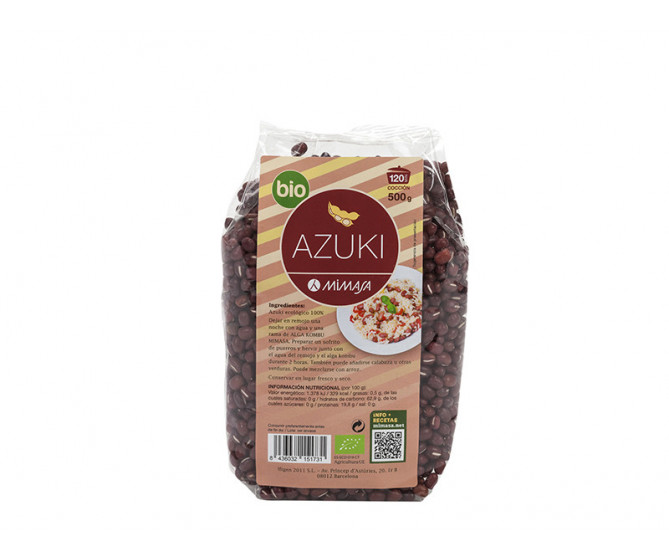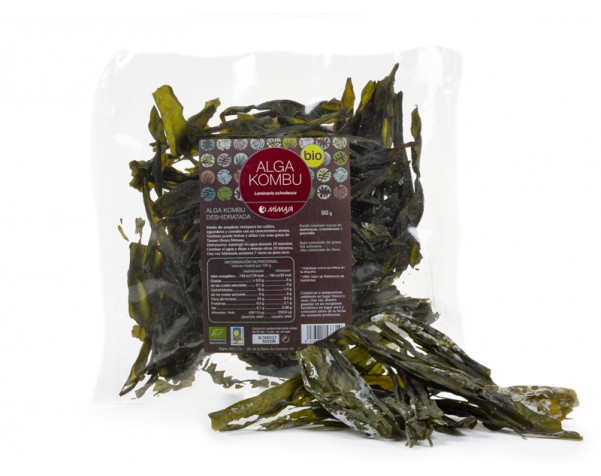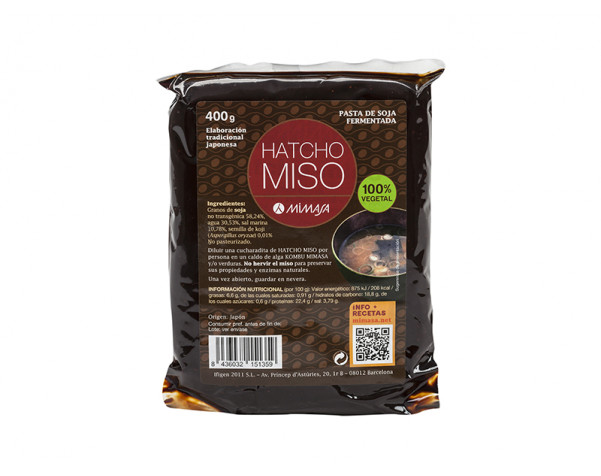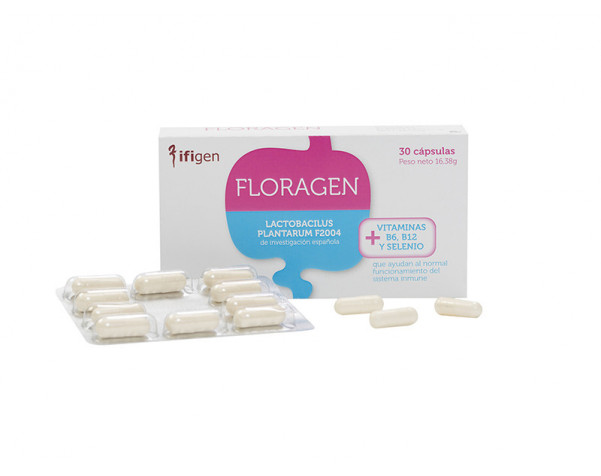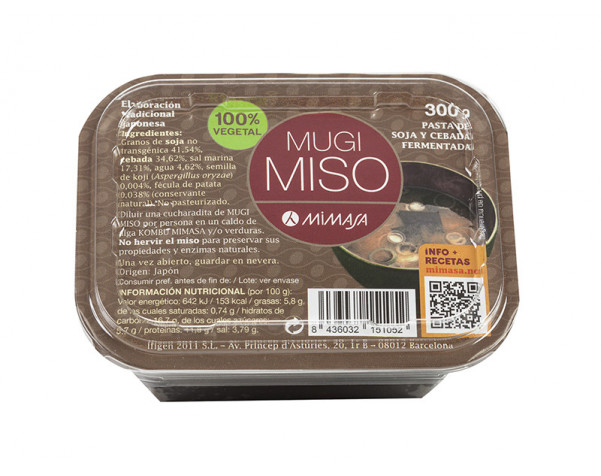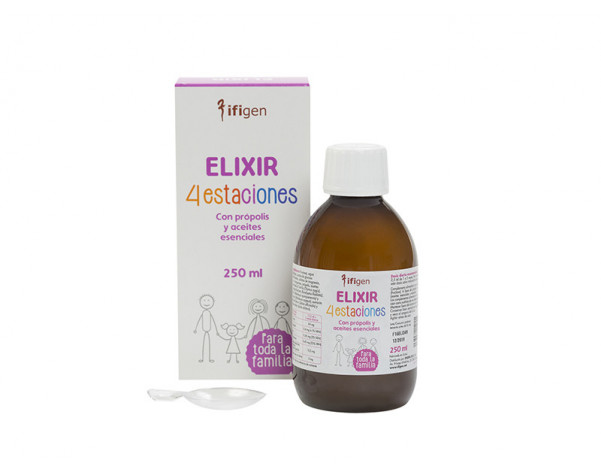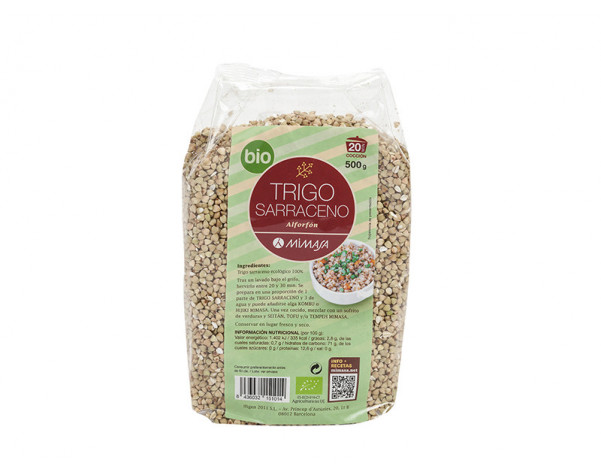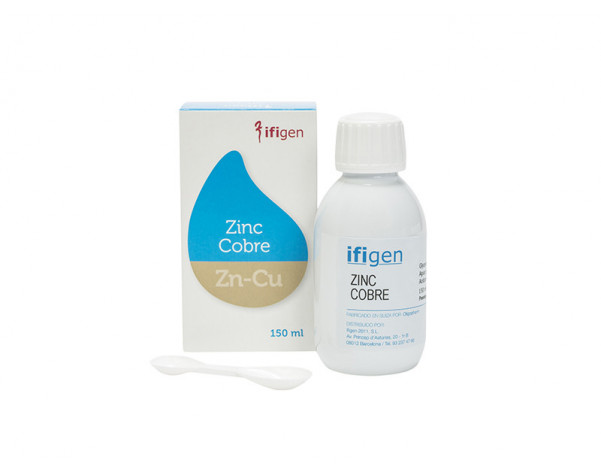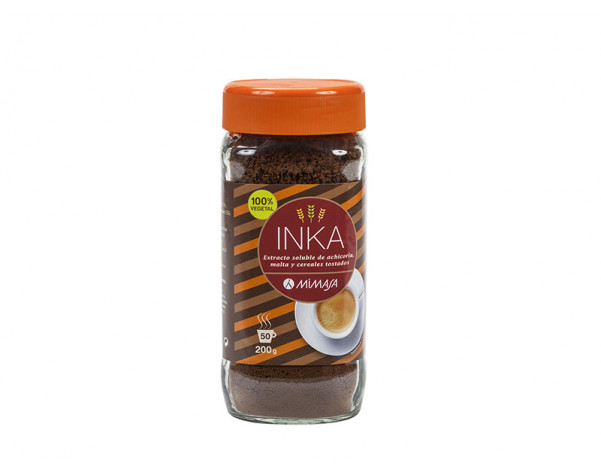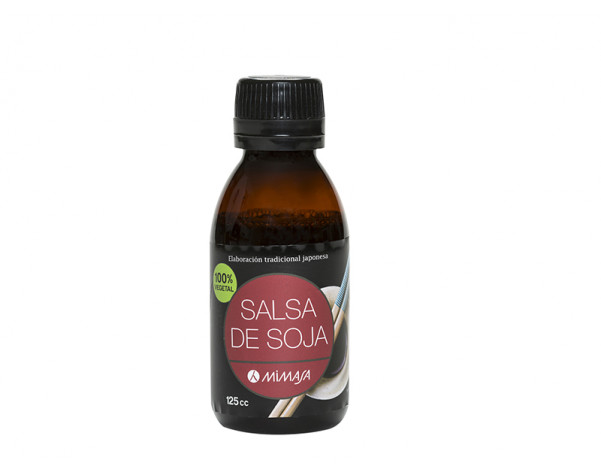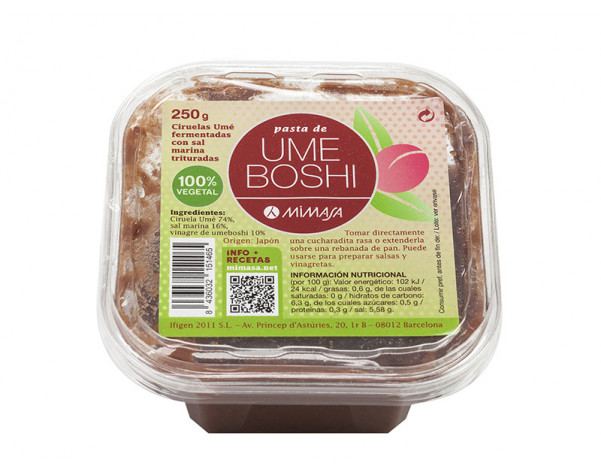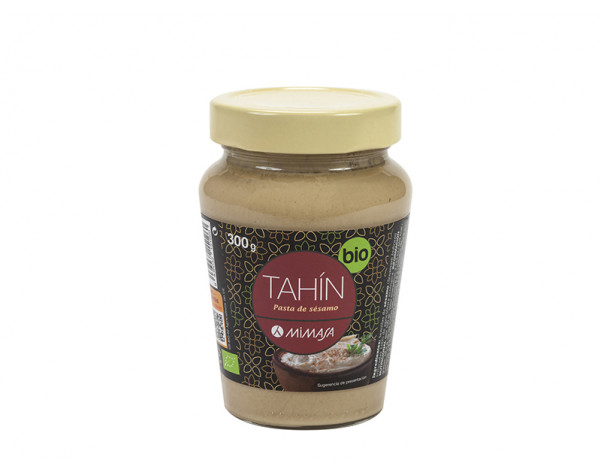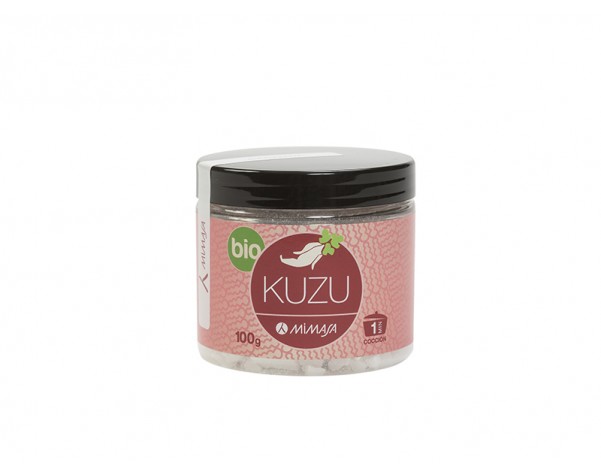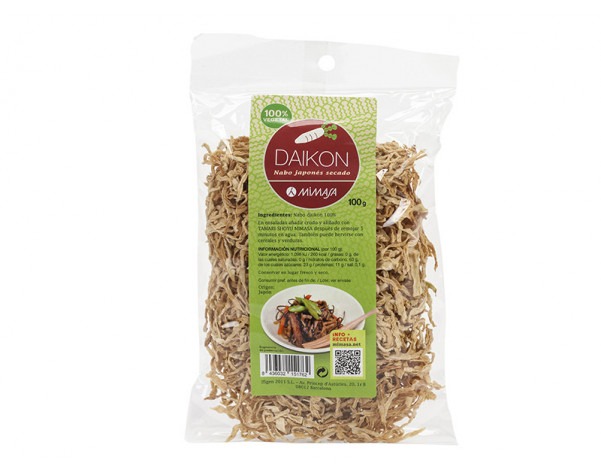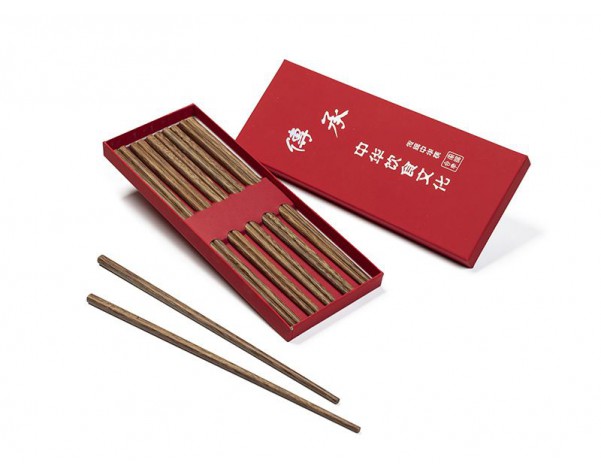- -10%
AZUKI BIO 500g

FREE SHIPPING ON ORDERS OVER €29

DELIVERY IN 24/72 HOURS

SECURE PAYMENT WITH
Azuki is a legume that is highly-valued in japan. It was traditionally used to improve kidney functions..
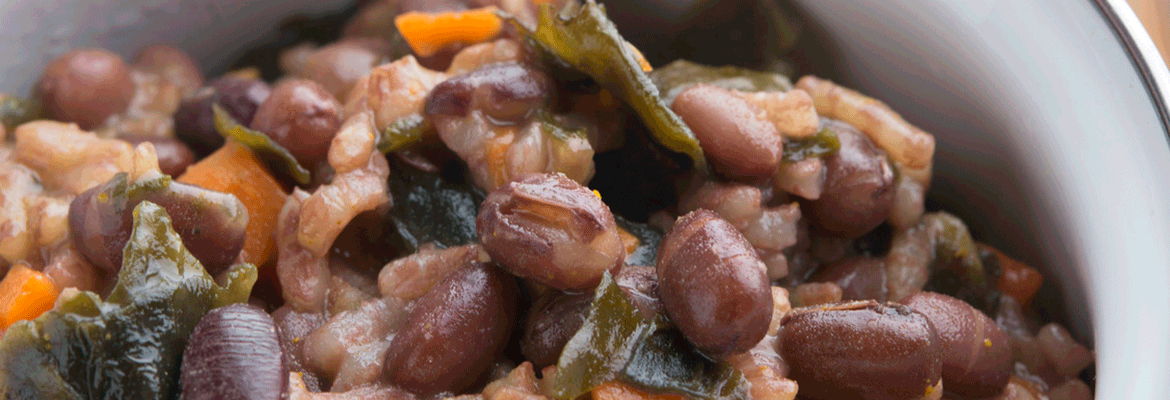
Azuki is a small reddish round bean and when eating it you can notice a sweet taste. Its consumption should be as frequent as that of chickpeas and lentils, the most popular legumes in our diet.
Azuki is a highly prized legume in Japan, where it has traditionally been used to support kidney function. It is very rich in protein (21%), in group B vitamins and minerals. It also has less fat content than other types of beans and is easier to digest. In treatments that require a high supply of yang energy, azukis should be among the basic foods. It should not be confused with red soybeans, which at first glance seem similar but in reality do not have the same properties.
- Energy (kcal) 329
- - Saturated (g) 0.0
- Fat (g) 0,5
- Carbohydrate (g) 62.9
- - Sugars (g) 0.0
- Protein (g) 19.8
- Salt 0.0
- Energy-kJ 1378
Azuki carbohydrates are fully assimilated without leaving glucose residues, so it is highly recommended that diabetics take it as part of their diet. It also helps to increase the vitality of the person. Its consumption facilitates the digestive process and favors the intestinal flora to develop properly, since it is rich in insoluble fibers that do not dissolve with water. Thus, it gives a feeling of satiety and promotes intestinal transit.
Azuki has purifying properties that help cleanse the body, while nourishing and caring for it. It is advisable to boil it, like the rest of the legumes, with MIMASA kombu seaweed, as it helps to soften its skin and also to digest it. The vitamin B1 provided by the azuki makes it used in detoxification treatments. Its skin is rich in saponin, which promotes good blood circulation. During pregnancy, the consumption of this legume is highly recommended, since it provides numerous minerals and trace elements.
Small amounts are sufficient for the recipient of MIMASA Organic Azuki: one or two tablespoons already cooked, two or three times a week.
Before cooking them, they are left to soak during the previous night with a piece of MIMASA kombu seaweed. They are boiled with the same water and the same seaweed. There is no need to add salt, as most of it is provided by MIMASA's kombu seaweed. It can be boiled with a sofrito (sauce sautéed with oil, spices, etc.) of leeks and pumpkin or other vegetables can also be added to it, or mixed with rice.
In Japan, desserts are prepared using azuki: icings, truffles, cakes, etc. It leaves a little sweet, adding more honey or another sweetener makes it sweeter and sweeter.
Organic Azuki 100%
500g packet
